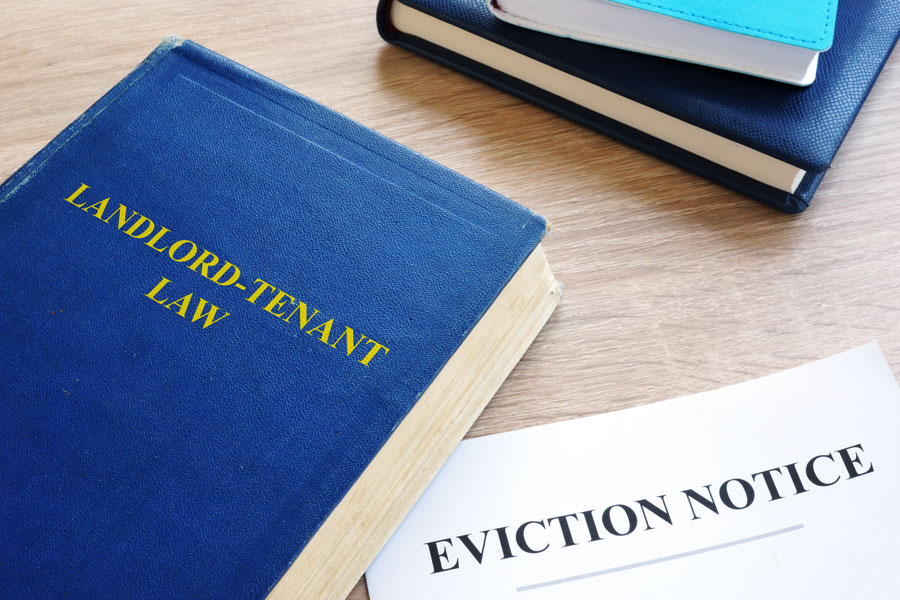LAS VEGAS, NV – Eviction moratoriums – in one form or another, be they issued from the state or federal level – have provided a safety net for Las Vegas residents who have fallen on hard times due to the brutal impact of the ongoing COVID-19 pandemic.
And while those moratoriums have prevented countless people down on their luck from ending up on the street, it’s landlords who are bearing the brunt of the financial burden that these eviction bans are responsible for; as they say, you can’t have good without some bad to balance it out, unfortunately.
Contrary to popular belief, the majority of landlords in Las Vegas are not large, soulless corporations, but hard-working mom-and-pop operations that are also struggling to get by, just like many other people affected by the pandemic. According to recent reports, local Las Vegas landlord Mario Tafarella has found himself owed as much as $30,000 in rent from his two rental properties, and it’s hurting him severely.
Nevada Governor Steve Sisolak recently reinstated his eviction moratorium, which is currently in-place until March 31; until that point, Las Vegas residents cannot be evicted due to non-payment of rent relating to COVID-19 financial issues, provided that afflicted tenants have signed a declaration form and presented it to their landlord.
Tafarella has noted that he has tenants that have steadfastly been paying their rent throughout the pandemic, despite their own money problems, but he remains paranoid that one day that could all come to an end and he would be forced into bankruptcy.
“We’ve got tenants that have been with us five and seven years, and they paid us through the eviction ban,” he said. “But who knows, anything can happen.”
In addition, President Joe Biden, in his proposed COVID-19 stimulus package, has called for an extension of the existing federal eviction moratorium throughout the end of September, 2021. However, his plan has received pushback from the Republican members of Congress as being too extreme, and it remains to be seen if the eviction ban is not revised or done away with altogether in order to receive the bipartisan support for the stimulus package Biden has said he seeks.
Shelter Realty Property Management specializes in the areas of Henderson, Las Vegas and North Las Vegas, NV. Feel free to give us a call at 702.376.7379 so we can answer any questions you may have.
Christopher Boyle is an expert investigative journalist for SEARCHEN NETWORKS® and reports for independent news and media organizations in the United States. Christopher keeps a keen-eye on what’s happening in the Vegas real estate market on behalf of Shelter Realty Property Management












